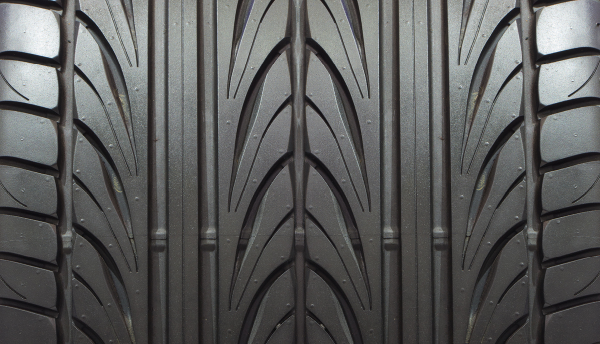
India’s biggest tiremaker Apollo Tyres entered into a definitive agreement to acquire Cooper Tire & Rubber last Wednesday (12 June) in an all-cash transaction for INR145bn (USD2.5bn). The Indian tiremaker agreed to buy all outstanding shares of Cooper Tire at USD35 per share− representing a 40% premium over the US second tiremaker's 30-day volume-weighted average price on the NYSE.
The takeover, the largest in the Indian automotive industry so far, will increase Apollo Tyres’ turnover to USD6.6bn and catapult the company from 16th position in the global tire manufacturer pecking order to seventh behind Michelin, Bridgestone, Goodyear, Continental, Pirelli and Sumitomo Rubber. It will offer the Indian tiremaker significant scale in terms of global presence, brands, production capacity, research and development (R&D) capability and customer base. In addition, the acquisition will significantly reduce Apollo Tyres’ exposure to the Indian and European markets, where vehicle demand continues to remain volatile. At the same time it will give the Indian tiremaker presence in key markets in the US, where vehicle sales are recovering well, and in China where vehicle sales have more than doubled over the past five years.
The acquisition will considerably change Apollo Tyres’ sales make-up, with shares from the domestic market declining to 22% from a high of 65%. The combined company will generate 43% of sales from the US, where previously Apollo had no presence. While Europe will contribute 12% to Apollo Tyres' revenue, the company will generate 22% of sales from China, another market where it had no presence before. Apollo Tyres expects synergy between the two tiremakers will result in annual savings in the range of INR4.65bn (USD80m) to INR7bn (USD120m) at EBITDA level after three years mainly from operating scale, common sourcing technology, product optimisation and manufacturing improvement. Although there seems little overlap in term of market presence of the two tiremakers, any synergies will depend on a successful integration.
There are some risks involved, especially since Apollo Tyres will fund the entire acquisition through debt. The company has approached a consortium of four banks – Morgan Stanley, Deutsche Bank, Goldman Sachs, and Standard Chartered – who will raise USD2.5bn. Of this total, USD1.8bn will be raised through issue of bonds in the US market, while another USD300m will be brought via asset-based lending. An additional debt of USD400m on the books of Cooper Tire will be rolled over to Apollo Tyres. However, the Indian tiremaker has said that it would service debt of USD450m only, while the remaining USD2.1bn will be serviced by cash flow of the company’s overseas business units, which include Vredestein and now Cooper Tire.
Despite that assurance, Apollo Tyres’ investors fear a significant jump in the company’s debt and interest expenses. And investors’ concerns are not unsubstantiated. The company’s balance sheet was already leveraged given the company had total debts of INR25.5bn (USD466.5m) and cash of INR1.73bn (USD31.7m) at the end of financial year ended 31 March 2013. The additional debt burden of even USD450m will increase its debt, increase its interest payment and will leave little room for investment for some years. Analysts estimate that the company’s debt to equity ratio will increase sharply from 0.8 to 3.8 following the acquisition. In addition, Apollo Tyres is relying heavily on Cooper Tires to serve the larger part of the loan. Although Cooper made USD220.3m of net profit in 2012, almost double the net profit of INR6.1bn (USD110.6m) by its new owners, sustaining profit will be challenging in a volatile business environment. This apprehension caused a nearly 25% decline in Apollo Tyres’ share price on Bombay Stock Exchange (BSE) on Thursday (13 June), the biggest drop the company has witnessed over the past two decades, and another 5.6% the following day. In contrast, Cooper Tire’s investors seem to have wholeheartedly accepted the offer, as reflected in a 41% jump in the company’s share price on Wednesday (12 June) at NYSE following the announcement of the takeover.
Apollo Tyres has made a bold but risky move in acquiring Cooper Tire, a company that is twice its size. The acquisition will instantly give the new owner new opportunities in terms of sales, volume, brands and international presence. However, much of these benefits of acquisition will depend on how Apollo Tyres’ integrates the Copper Tire’s business. The new owner has decided to keep Cooper Tire’s existing management to run the company.
Apollo Tyres will leverage its experience in integrating companies it has acquired previously; Dunlop South Africa in 2006 and Vredestein in 2009. The company eventually sold its South African tire business to Sumitomo Rubber last month. However these two acquisitions were significantly small when compared with Cooper Tire.








